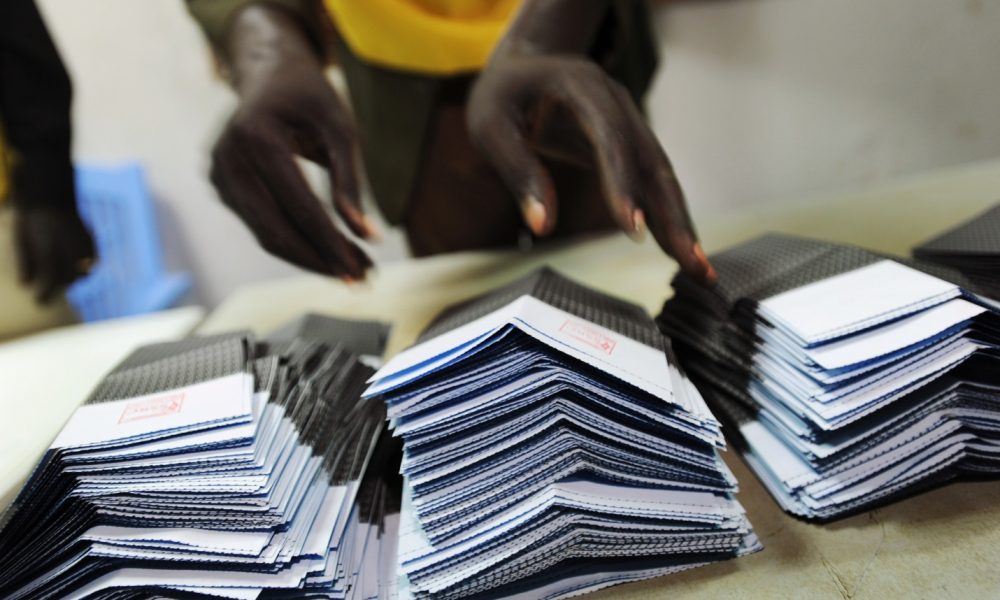By William Madouk
A perception survey on peace in South Sudan, a three-year research project conducted in more than 13 or 15 counties, shows the much-anticipated 2024 election will be marred by unprecedented circumstances.
An Academician, Mr. Christopher Oringa, who authored the opinion poll, presented the outcomes on the fifth day of the National Economic Conference in Juba.
Mr. Oringa noted that in four waves of data collection, 65 percent of all those interviewed believe there will be violence in the upcoming election.
“How would you assess the risk of violence in elections, related to elections? This is between 2021 and 2023, the fourth wave. So in 2021, the risk, if you can see by rate, seems to be high, about 38%,” said Oringa.
“And if you combine this with this, it’s almost 50% or 60% of people who are feeling that the risk will be high. 2022 is equally the same, 26%–30%. If you combine this, only 56% of the population feels the situation is going to be violent,” he added.
He urged the leaders to be more cautious when preparing and conducting the 2024 elections.
“We did it recently [in 2023], and the number seems to be constant. So that tells you a lot. In terms of preparation, we need to watch the steps carefully. Or when political leaders go to campaign, the environment should actually be more level,” he noted.
But Mr. Oringa stated that the vast majority across locations feel prepared to vote—almost 90 percent—and hence said they would vote for political leaders who are not from the ethnic group.
He added that on civic space and the exercise of political rights, about 16 percent of people in Bahr El Ghazal said they felt safe, compared to about 3 percent in the greater Equatoria region.
“As you compare with Greater Equatoria, which is about 3%, you could actually understand the presence of media within the capital city or within Greater Equatoria. Then people felt very unsafe speaking publicly on politically sensitive issues,” he continued.
Oringa also said almost 80 percent of communities and 76 returnees vouched for the population census to be conducted before the elections.
However, the majority suggested that the newly elected government amend the permanent constitution.
“About 43% believe that the transitional government should enact the constitution.”
“However, 69% feel that it should be a newly elected government to enact the constitution. And returnees, about 52% of the overall population we reached, actually feel that the newly elected government should be able to enact the constitution.
However, the question of whether or not to conduct the election depends on the speed of the implementation of the peace agreement.
Mr. Oringa urges the leading parties to embrace open civic space and allow undeterred entry into each other’s turf in search of votes because that is what democracy is all about.
Meanwhile, on many occasions, President Kiir argues that his government had reached a critical phase in consolidating peace in the country and calls on peace partners to join hands to make the election a reality.




